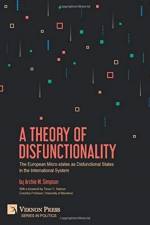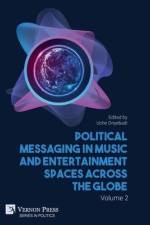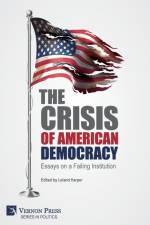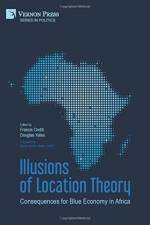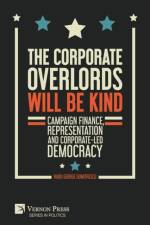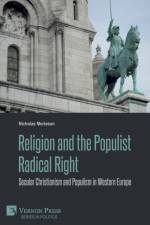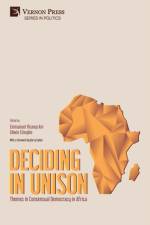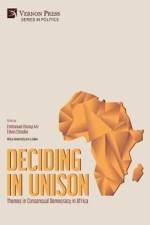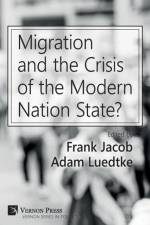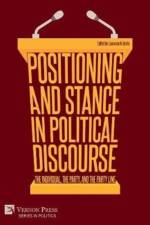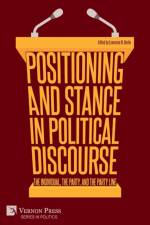av Radu George Dumitrescu
697
'The Corporate Overlords will be Kind' is a unique book in that it makes use of a multi-pronged approach - journalistic, legal, theoretical - to find, document, and explain instances in which well-known corporations such as Wal-Mart, Uber, McDonald's, Airbnb, Gillette, Nike and others have involved themselves, as 'artificial persons', in political and social debates involving aspects such as gender, racism, sexual minorities, and gun ownership. This book argues that these transnational, multi-billion-dollar corporations that thrive in the globalized world market are forced to take explicitly political stances by the very environment in which they activate and by the consumers whom they serve, taking on the latter's values and opinions and representing them to retain them as customers.'The Corporate Overlords will be Kind' advances that corporations are now - and will increasingly be - the loudest voices in the political market square of the United States, but that such a situation is not necessarily a cause for concern. This book thus departs from the traditional scholarly views of Citizens United (the 2010 landmark decision of the Supreme Court which granted free speech to corporations as persons) as a woe to democracy, and argues that the ageless, deathless, genderless, nationless corporations will be the political representatives of the futures, not political parties.This book will appeal to undergraduate and graduate students specializing in social sciences, particularly politics, history, sociology, and law. Political professionals and journalists may also be interested in the book, in addition to the general reader with interest in politics.

